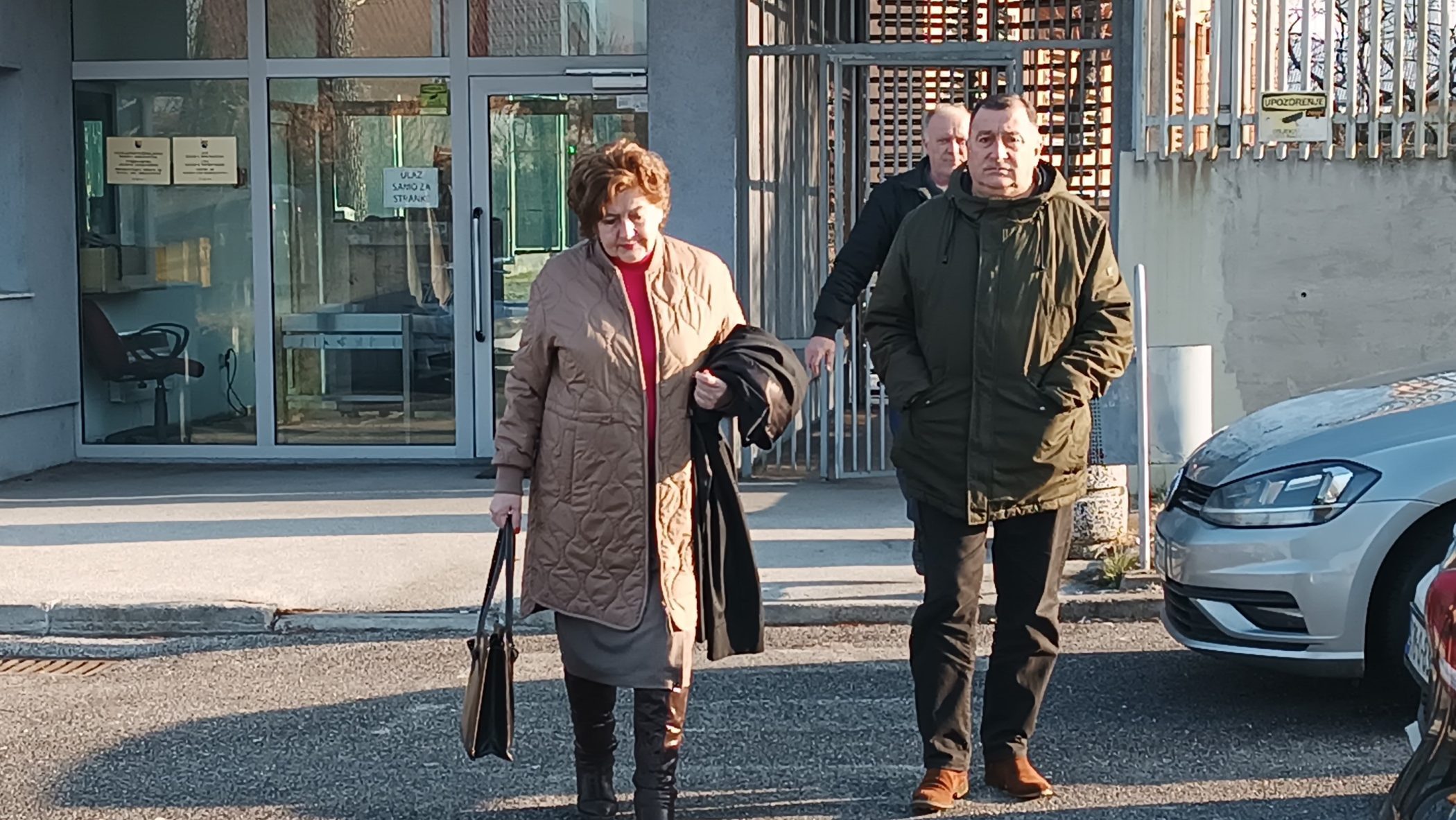This post is also available in: Bosnian
Presenting his closing statement before the Appellate Chamber of the Court of Bosnia and Herzegovina, Prosecutor Munib Halilovic said that the evidence confirmed Savic’s responsibility for arrests, detention, murder, torture, rape, deportation and disappearances in eastern Herzegovina.
“He was at the top of the persecution pyramid in Herzegovina,” the Prosecutor said, reminding the Court that Savic performed the function of Chief of the Safety Services Centre in Trebinje, Minister of Internal Affairs of Herzegovina Serbian Autonomous Region, SAO and member of the Headquarters of the Ministry of Internal Affairs with the Serbian Republic of Bosnia and Herzegovina.
Under a first instance verdict, pronounced in March 2009, Savic was sentenced to 20 years in prison. The Appellate Chamber then revoked the verdict and ordered a retrial.
The Prosecution alleges that Savic was a member of a joint criminal enterprise, JCE, whose aim was to permanently remove the non-Serb population from the territory claimed by Republika Srpska.
“Savic, who was the top police official in Herzegovina SAO, committed the first murder. Everyone knew that. The murder represented a sort of encouragement to the others. He led the crimes committed in Nevesinje. His subordinates committed the same or similar crimes in Gacko, Bileca and Kalinovik,” Halilovic said.
The Prosecutor said that no mitigating circumstances had been observed in Savic’s case, but only aggravating ones, including his senior function, the extent of his actions and their permanent consequences.
“Not many non-Serbs live in most of those municipalities today. Cajnice, Visegrad and Foca were also under the indictee’s responsibility. Verdicts pronounced by this Court prove that crimes were committed in those municipalities too. When we take all this into consideration, I propose to the Court to pronounce a long-term imprisonment sentence, but not the one close to the minimum sentence,” Halilovic said.
At the beginning of its closing statement the Defence said that it did not deny that the crimes had happened, but the indictment did not contain evidence about the indictee’s link to those crimes.
“The indictment alleges that Savic planned and ordered the persecution, but it does not explain how he did that. (…) We presented evidence proving that police did not have any authority for detention of people. Among the numerous pieces of evidence presented by the Prosecution, there was none proving that Savic knew about the happenings that took place in Gacko,” Defence attorney Slavisa Prodanovic said.
He said that the first meeting of police chiefs in that area was held on June 26, 1992, adding that arrests had taken place in Gacko, Bileca and Nevesinje prior to that date.
The Defence is due to continue presenting its closing statement on March 31.
Milko Mucibabic, former policeman from Nevesinje, was originally charged under the same indictment as Savic. He was sentenced, under a first instance verdict, to five years and three months in prison. Mucibabic died in January 2011, and the criminal proceeding against him was terminated.



